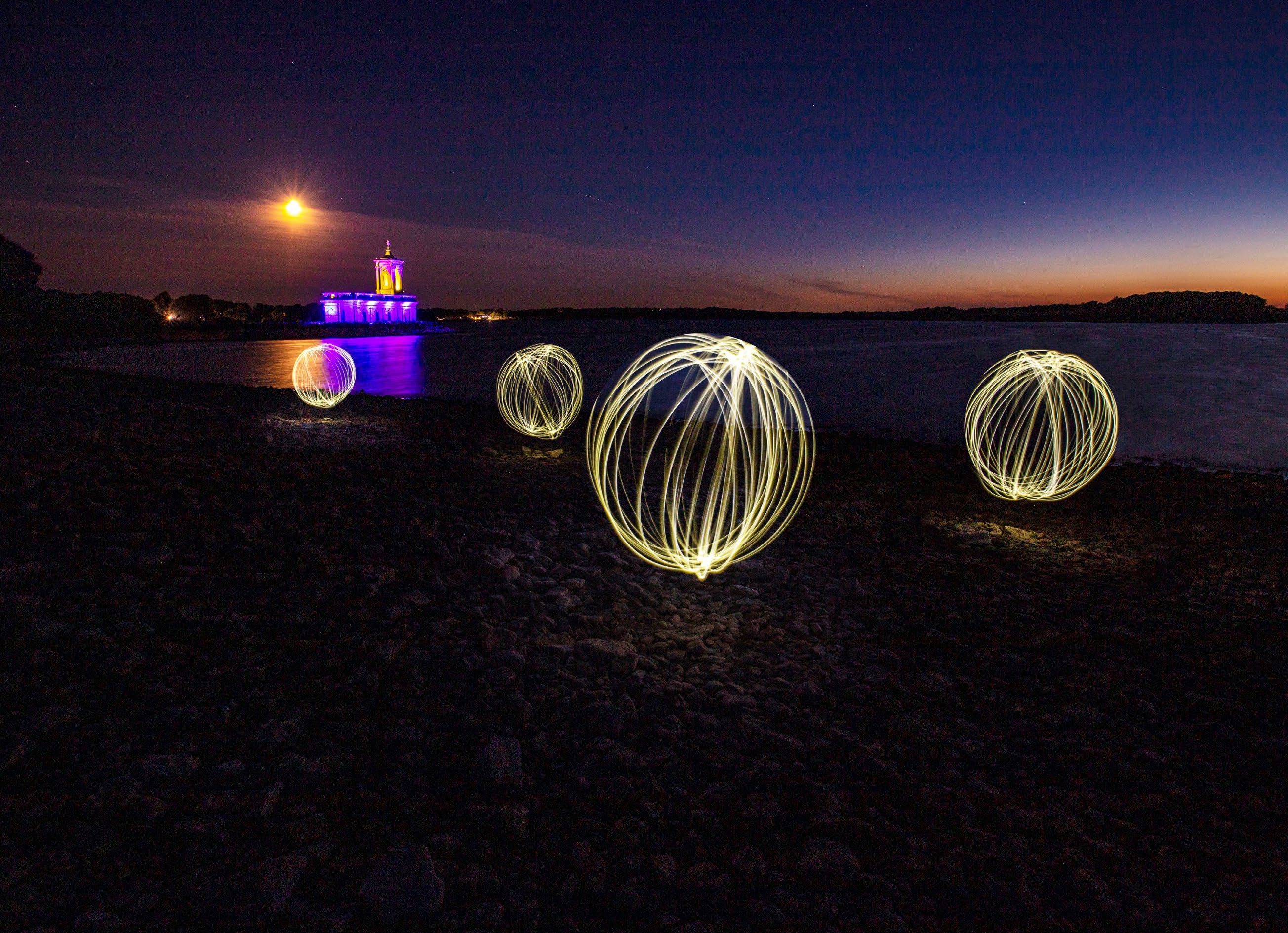
Light orbs are about as close as you can get to performing a photographic magic trick and, in this project, we’re going to step behind the curtain and show you how it’s done. You might assume light orb photography involves plenty of trickery in Adobe Photoshop but, in reality, it’s a light-painting technique that can be performed and captured entirely in-camera.
The basic technique involves attaching a piece of string to a torch and spinning it around in a circular loop, while carefully moving from side to side to create a 3D orb. While you might assume that you need all manner of specialist kit to complete this project, you really only need a tripod and a torch to create these mesmerizing balls of light that will surely leave your friends and family guessing.
As with any low-light project, we recommend working alongside a friend as a safety precaution after dark, but the technique is also much easier with two people working together – one can operate the camera while the other creates the orbs. If you’re working on your own in your back garden, you can, of course, capture light orbs alone using a 10-sec self-timer. This will allow you just enough time to get into position and start swinging before the shutter fires, although this is far less fun!
Once you’ve got the hang of this light-painting technique, you’ll be able to paint multiple orbs around your scene by capturing a sequence of images and blending them together in post-production.
Light orb setup
ALL OF THE CAMERA KIT YOU NEED TO CREATE AND CAPTURE GLORIOUS ORBS OF LIGHT ON LOCATION
1 Sturdy tripod
This story is from the February 2023 edition of N-Photo: the Nikon magazine.
Start your 7-day Magzter GOLD free trial to access thousands of curated premium stories, and 9,000+ magazines and newspapers.
Already a subscriber ? Sign In
This story is from the February 2023 edition of N-Photo: the Nikon magazine.
Start your 7-day Magzter GOLD free trial to access thousands of curated premium stories, and 9,000+ magazines and newspapers.
Already a subscriber? Sign In
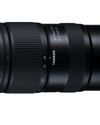
Tamron 28-75mm f/2.8 Di III RXD G2
The original version broke the mould for ‘trinity' standard zooms. The G2 enhances handling and performance further still
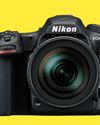
Nikon D500
Nikon's flagship DX-format DSLR is a modern classic. And while it hasn't been out of production for long, it left a hole in Nikon's camera line-up that's never been filled

Laurence Griffiths
With so much sporting action this summer, Laurence Griffiths of Getty Images reveals how to catch every goal at the Euros, details Getty Images' 24/7 Olympics coverage and why he always has a wide-angle ready. Keith Wilson managed to grab him before kick-off...
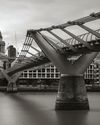
Ghost town
Adam Waring uses ND filters to subdue the hustle and bustle when shooting busy cities
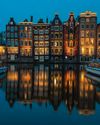
Creative cities
Experienced travel photographer Matt Higgs provides top tips for stunning shots of city sights
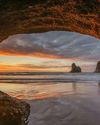
If at first you don't succeed...
Tom travels to the other side of the world to have another go at shooting an elusive image and displays the power of his perseverance
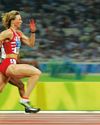
Shoot the summer of sports
Have the Olympics and Euros inspired you to photograph sport? Mike Harris shows you how to score a portfolio of top shots
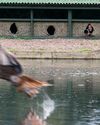
Osprey & prey
Birds of a feather Gary Jones and Leigh Pugh photograph ospreys from a purpose-built hide
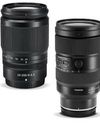
Superzoom lenses
These lenses will have you in for a long stretch, some more than others in the wide-angle to telephoto stakes
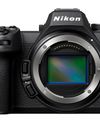
Nikon Z 6III
With a revolutionary 'partially stacked' full-frame sensor, the Z 6III fits flagship camera features in an compact enthusiast-level body